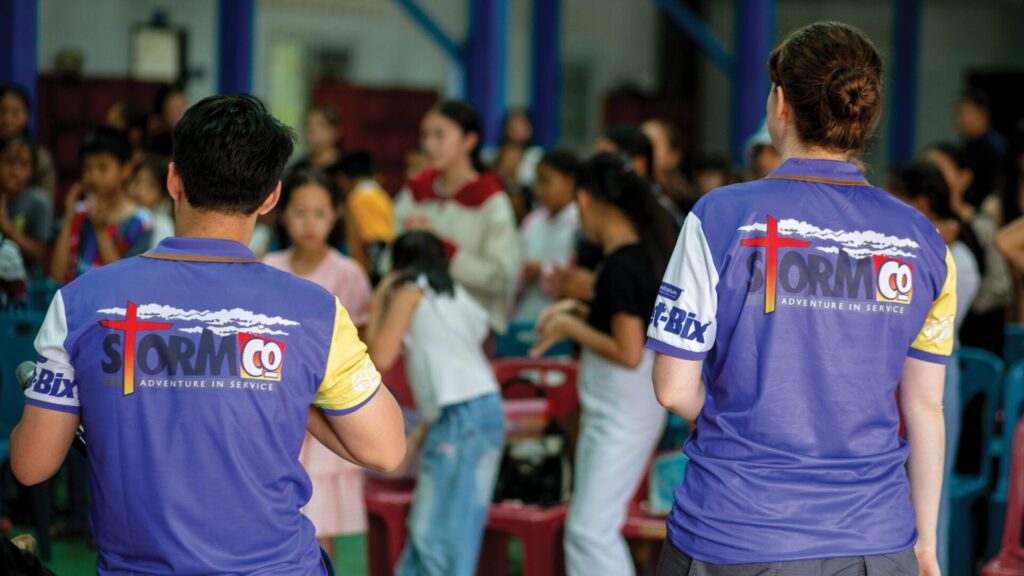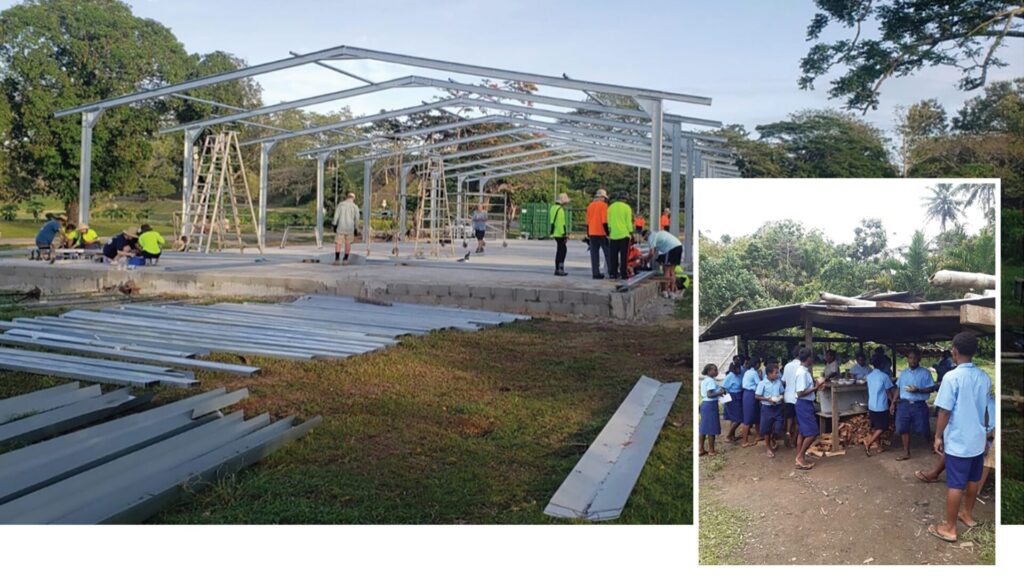Symon* misses his friends and every day asks about it. ‘When will we return back home? I want to be with my friends,’ he says. And every day I have to explain to him that now is not the time.”
Anna and her family are among the millions of people who fled their homes in Ukraine when the war came to their doorstep. February 24 marks one year since Russia invaded Ukraine, but the conflict is showing no signs of ending.
Today, there are more than 18 million people in Ukraine in need of humanitarian assistance and approximately 14 million people have been displaced. ADRA has been helping families like Anna’s who need ongoing support.
Anna recalls the first few days of the war and what led to their decision to flee their hometown of Lysychans’k. “The electricity and water were off because of the shelling. Then a missile hit, 10 metres from our home. It was too dangerous to stay.”
But before they could leave, they spent hours queuing in line at the pharmacy for Symon’s epilepsy medication. After securing the medication, Anna’s family prepared their bags and joined the long line of cars fleeing the warzone.
Safely in another part of Ukraine, they have nothing left of their previous life, except for the few bags they packed.
“We started looking for support systems, especially food and psychological support,” Anna says. “When you spend your life in good conditions and are now applying for humanitarian assistance, it’s quite traumatic.”
Adjusting to their new reality has taken a toll on their mental health. Before the war, Anna’s husband was running his own business. But now in Dnipro, he has only been able to secure unqualified work and has struggled to provide for his family. It was at this point that Anna was introduced to ADRA.
Through ADRA, Anna and her family have been receiving food and counselling support, as well as cash grants to access essentials like furniture.
“The food support was quite attractive to us because it’s not only pasta and bread, but it also included different kinds of necessary meals for children,” says Anna.
While the food support and cash grants are meeting their physical needs, it is the tailored counselling support that is helping Anna and her family manage the emotional trauma caused by the war. For Anna and her husband, they are receiving support to integrate into a large city and to process how their life changed due to the war. For Symon, he is receiving help with his education and mental health so he doesn’t fall further behind his peers.
“Symon also has a linguistic disability,” Anna says. “ADRA has different kinds of table games and developmental games. It is variable and practical to receive that support for Symon.”

The move has taken its toll on Symon, who just wants life to return to normal. Processing the pain that the war has caused will take time. But thanks to the support of ADRA, Anna has hope that things will improve.
“We believe the future will be better.”
ADRA has been on the ground since the outbreak of the war. Currently, there are 69 active ADRA projects across 19 countries that are supporting 4 million people^ who have been affected by the conflict. These projects are providing food support, shelter, water and sanitation, education support, cash vouchers, and evacuation transportation in Ukraine and the surrounding countries hosting Ukrainian refugees.
Your gift today can support ADRA’s response to the Ukraine crisis. Donate now at adra.org.au/respond.
*Name changed for child protection purposes
^ Not unique count
Ashley Stanton is ADRA Australia/New Zealand media and communications senior officer.






